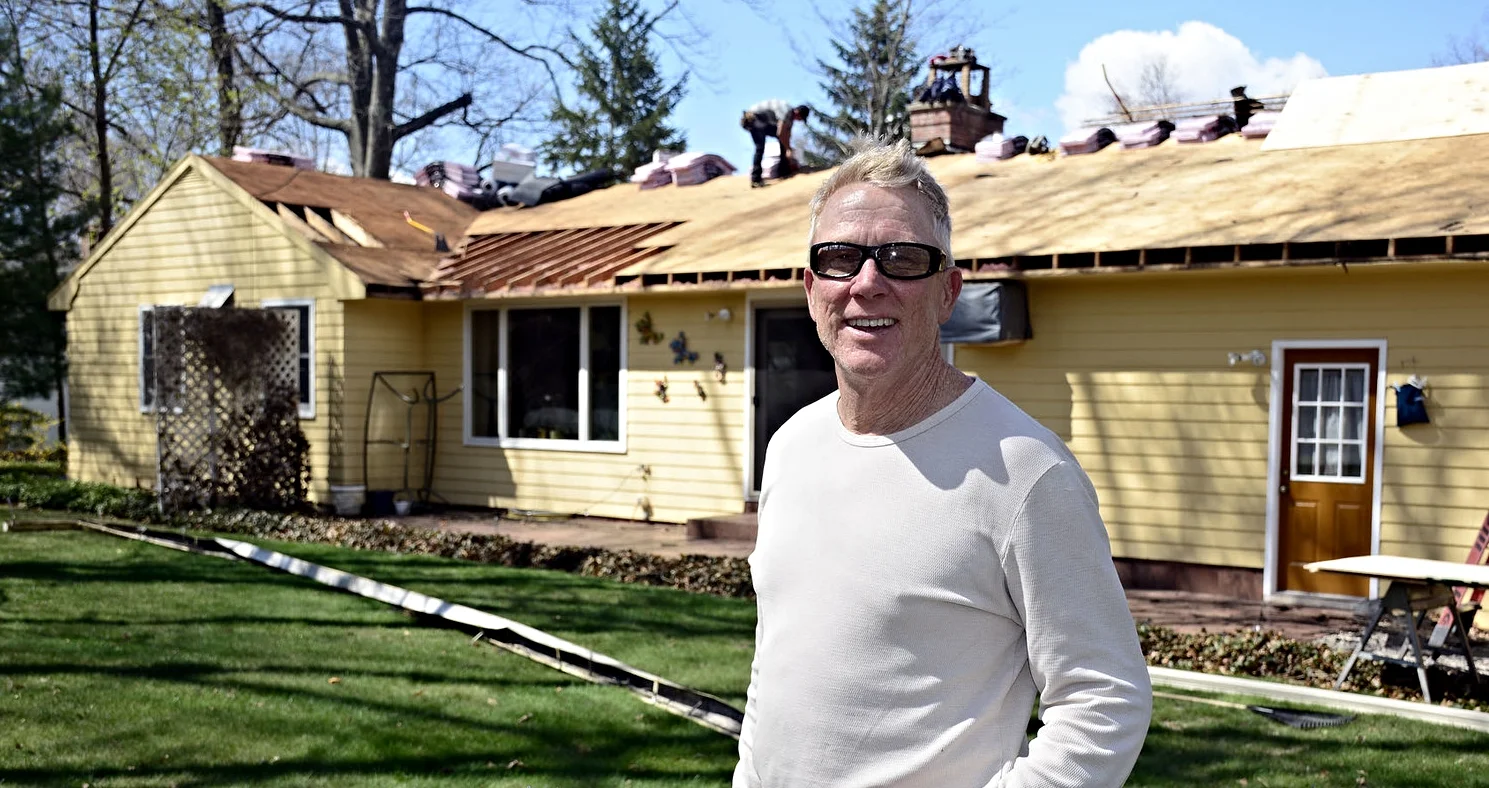5 Late‑Summer Home Projects to Tackle
Chelsea O'Donnell
As summer winds down here in Connecticut, now is a golden opportunity to tackle home improvement projects with maximum return. Late summer offers warm, dry days that are perfect for outdoor work before the wet chill of fall sets in. Here are five smart projects every homeowner should consider while there’s still daylight (and deck furniture to enjoy).
1. Exterior Painting or Staining
August and early September give you cooler, less humid weather which are ideal conditions for paint and stain to dry evenly without peeling or blistering. Whether it’s freshening up siding, restoring your deck, or repainting trim, late summer ensures the new finish cures properly for a long-lasting result.
2. Roof Inspection & Minor Repairs
Summer storms can loosen flashing and shingles, and if left unchecked, those small issues become leaks once the snow flies. A roof check now helps you avoid water damage and insulation headaches. Plus, contractors in Connecticut can often still fit this work into their schedules before fall gets busy.
3. Gutter Cleaning & Guard Installation
Leaves haven’t started falling yet, so now’s the best time to clean out your gutters and downspouts. While you’re at it, consider adding gutter guards. This prepares your home for leaf season and keeps you off the ladder in cold weather. It’s an investment you won’t regret.
4. Window Sealing or Replacement
Drafty windows? Now’s the time to replace or seal them before the heating season hits. Caulking and weatherstripping stop cold air in its tracks, while double‑pane, energy-efficient replacements reduce your heating bills. Connecticut homeowners can tap into rebate programs for these upgrades. Check out Energize CT for information.
5. Driveway Sealing or Repairs
Sealcoating your asphalt driveway protects it from salt, freeze-thaw cycles, and ice damage, just what Connecticut winters bring. Asphalt requires daytime temps above 50 °F to cure; late summer givesplenty of time before cooler weather sets in.
Late summer may feel like the calm before the leaf blowers, but it’s also prime time for smart homeowners to take care of the jobs that will protect and preserve their homes into the colder months. A little time and effort now can go a long way toward keeping your home dry, warm, and efficient all season long.
Bob O’Donnell is the owner of O’Donnell Bros. Inc., a Bristol-based home improvement company established in 1975. Email your questions for Bob to info@odonnellbros.com with the subject line “Ask the Pro.” All questions may be considered for publication. To contact Bob for your remodeling needs, call O’Donnell Bros. Inc. at (860) 589-5155 or visit http://www.odonnellbros.com. Advice is for guidance only.
